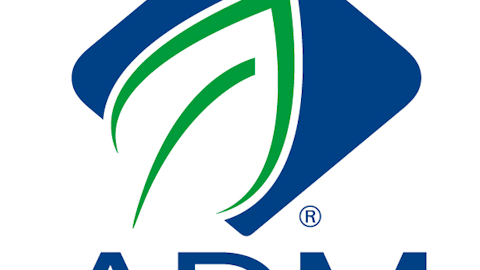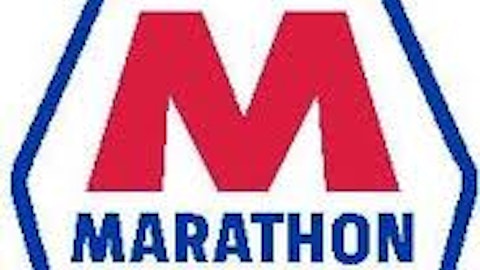With the rising population and increased usage of vehicles, the global demand for crude oil will increase from 64.4 million barrels a day in 2013 to 92 million barrels a day in 2014 according to the International Energy Agency, reported Bloomberg News. Due to this rising demand, prices of oil products are rising. To take advantage of this scenario, oil and gas refineries are expanding with various cost effective methods of processing feedstock into energy sources. This article discusses three oil and gas refining companies which are adopting strategies for procuring low cost feedstock to refine into oil products.
Transportation of price-advantage crude oil
Phillips 66 (NYSE:PSX) purchases 750 million barrels of crude oil per year to process into different oil products, which is the biggest operating cost incurred by the company. To reduce this cost, the company is focusing on converting its crude oil into price advantage crude oil by purchasing heavy crude oil produced in Canada and Latin America. This crude oil trades at less than the benchmark rate, which makes it price-advantageous. The company converted 62% of its crude oil in 2012, followed by 68% in the first quarter of 2013 and plans to convert 100% of its crude oil into price advantage crude oil over the next couple of years.

Natural Gas liquids, or NGL, is showing robust demand because it is used in home heating appliances in the Gulf Coast market. To monetize this market, Phillips 66 (NYSE:PSX) is continuously investing in the processing and transportation of NGL. The company recently announced that its two new pipelines, Sand Hills and Southern Hills, are completely in service. Phillips 66 developed these pipelines in partnership with DCP Midstream and Spectra Energy Corp. (NYSE:SE), and the pipelines will cover more than 1500 miles. These two pipelines will transport 350 million barrels per day in the growing Gulf Coast market. Therefore, Phillips 66’s transportation revenue could increase from $99 million in 2012 to $137 million in 2013. With these strategies, the company’s EPS could increase from $8.19 in 2012 to $9.09 in 2013.
Expansion for further growth
With the steady exhaustion of non-renewable energy sources, demand for renewable energy sources is showing strong growth. Global renewable diesel has witnessed a compound annual growth rate (CAGR) of 10.5% since 2010. Valero Energy Corporation (NYSE:VLO)’s subsidiary, Diamond Alternative Energy, joined with Darling International Inc. (NYSE:DAR) to form a Diamond Diesel Green project. The project completed construction on June 26, and is ready for operation. The plant will process animal fat and used cooking oil into renewable diesel, which will have properties similar to those of petroleum based diesel.
Darling International Inc. (NYSE:DAR) has been recycling waste material for 130 years and the company has access to the available feedstock for this project. The processed diesel will contain less carbon and will reduce greenhouse gases by 80%, as compared to petroleum-based diesel. The plant will process 9,300 barrels per day of animal fat and used cooking oil, which will clear Darling International’s inventory.
In addition, this plant will provide high quality diesel, which will help Darling International Inc. (NYSE:DAR) meet the Renewable Fuel Standard 2, or RFS2, norms. These norms emphasize the reduction of greenhouse gases from the use of renewable fuel. By meeting the requirements of the RFS2 norms, Darling International will receive $1 per gallon of diesel as a tax credit. This project is expected to contribute towards incremental net income margins from 7.7% in 2012 to 8.8% in 2013, followed by 10.5% in 2014.




